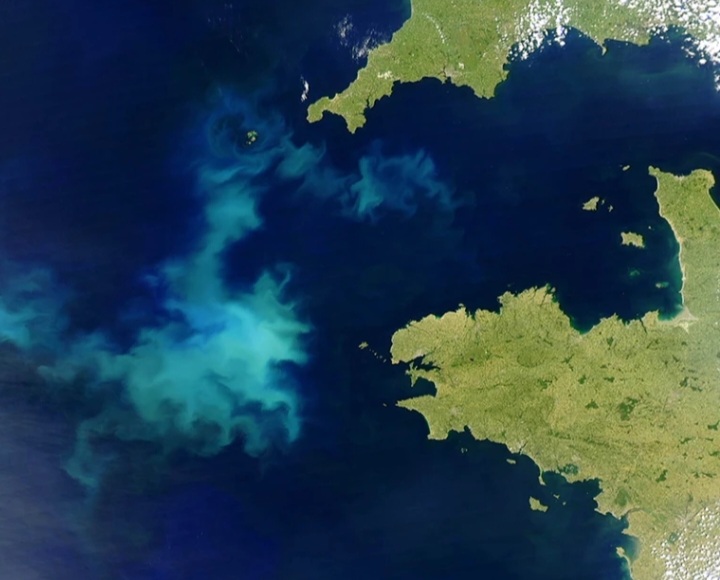UNEP Findings on Sand Mining Corroborates Environmentalists Fear on Blue Economy Ministry

By Obiabin Onukwugha, Port Harcourt
Findings by the United Nations Environmental Programme (UNEP) has shown that about six billion tons of sand is being extracted yearly from the floor of oceans, resulting in irreparable damage to benthic life, per global data platform on sand as well as other kinds of sediment extraction in the marine environment.
Result of this study corroborates fears earlier expressed by Frontline environmentalist, and Executive Director, Health of Mother Earth Foundation (HOMEF), Nnimo Bassey on the dangers associated with the creation of a Marine and Blue Economy by President Bola Tinibu.
Bassey, while reacting to the creation of the new ministries, said the three ministries viz; the Ministry of Gas Resources, the Ministry of Petroleum and the Ministry of Marine and Blue Economy, respectively, raise special concerns in an environment that is already degraded.
He said: “Developing the marine and blue economy sectors will lead to industrial fishing, pollution, habitat destruction, marine biotechnology, deep sea mining and other activities that are ecologically harmful. With a hugely unpoliced continental shelf this focus will pose special threats to our communities and others in the entire Gulf of Guinea.
“It should also be noted that our inland water, coastal and marine environment has been subjected to violent exploitation that has led to the degradation that the environment suffer from; creating this ministry will lead to the intensification of such violet exploitation.”
The brand new data platform titled the “Marine Sand Watch” was carried out by GRID-Geneva, a Centre for Analytics in the UN Environment Programme (abbreviated the UNEP).
The UNEP said on 5 September 2023 in a statement released on Monday, said it is likely to offer information on the areas utilized for sand extraction (concessions), areas of capital and maintenance dredging, number of vessels and operators, sand trading ports or hubs, and the extraction of sediment as well as other kinds of activities by nations with their Exclusive Economic Zones.
“For this, it is going to make use of Automatic Identification System signals of ships as well as Artificial Intelligence for identifying operations of dredging vessels.
The UNEP statement also said its Marine and Watch platform has further estimated that between four and eight billion tons of sand are being dredged from the ocean floor each year. “Further alarmingly, the number is also expected to go up to 10–16 billion tons each year, which happens to be the natural replenishment rate or the amount that rivers require to maintain marine and coastal ecosystem structure as well as function.
The statement further added that the UNEP/GRID-Geneva plans on further refining the data and developing a new version of the platform to be capable of moving close to near-real-time monitoring and improving the detection capacity closer to 100% of dredging vessels, and differentiate between the classes of vessels and other related activities, per the statement.
“The extraction of sand boosts the turbidity of water. It alters nutrient availability and also results in noise pollution, affecting marine organisms massively.
“Not just the benthic organisms, people who live in the coastal communities will be severely impacted by the magnitude of sand dredging, per the UNEP statement. Coastal/Near-shore extraction can impact the salinization of aquifers and future tourist development”, the statement added.
